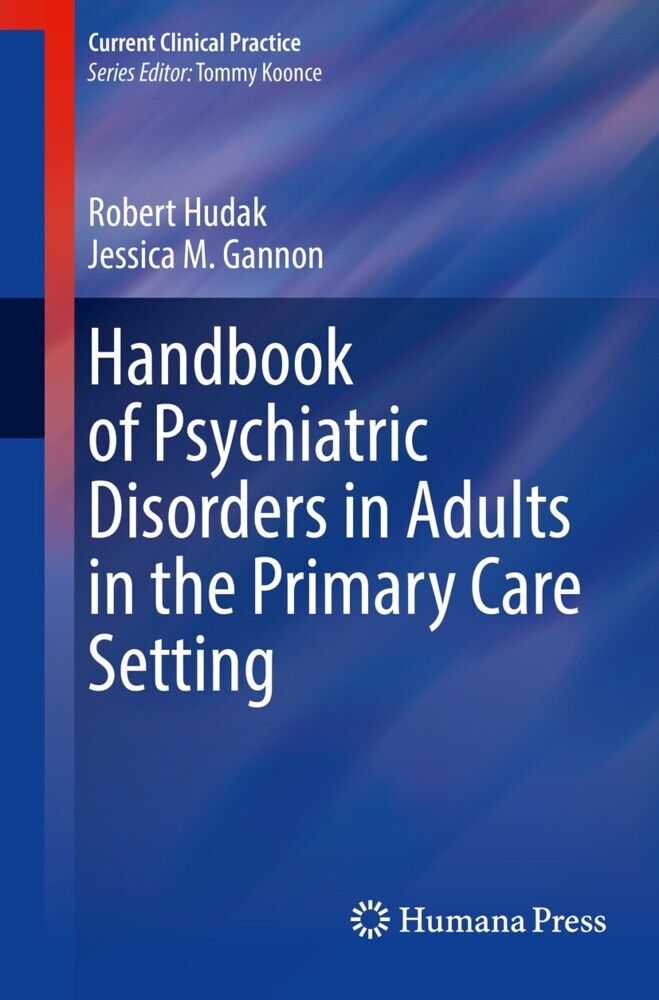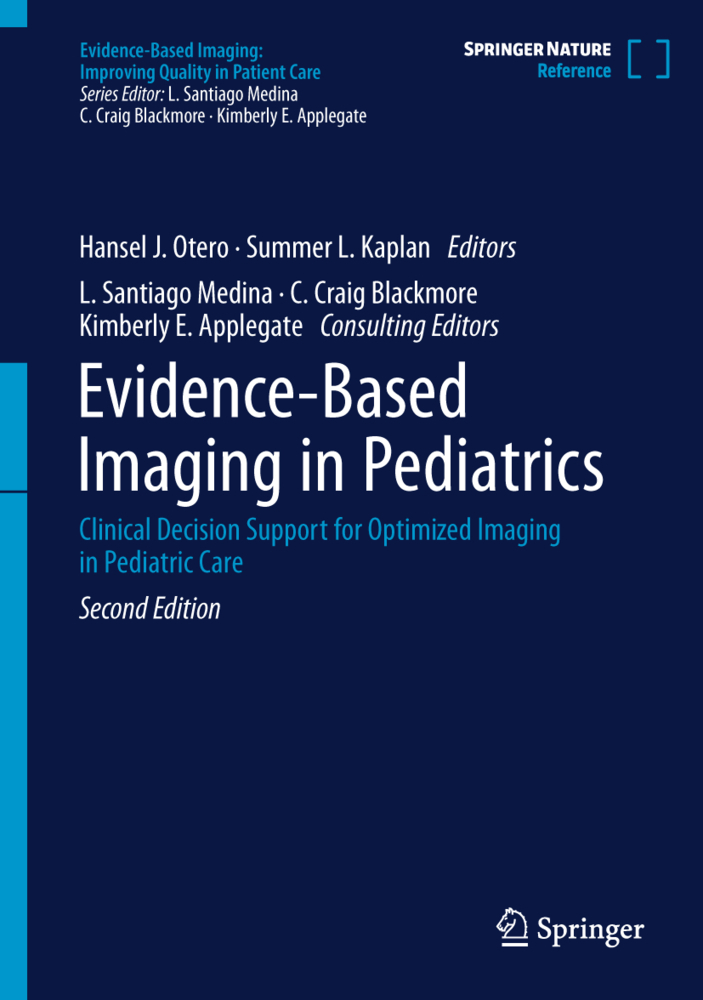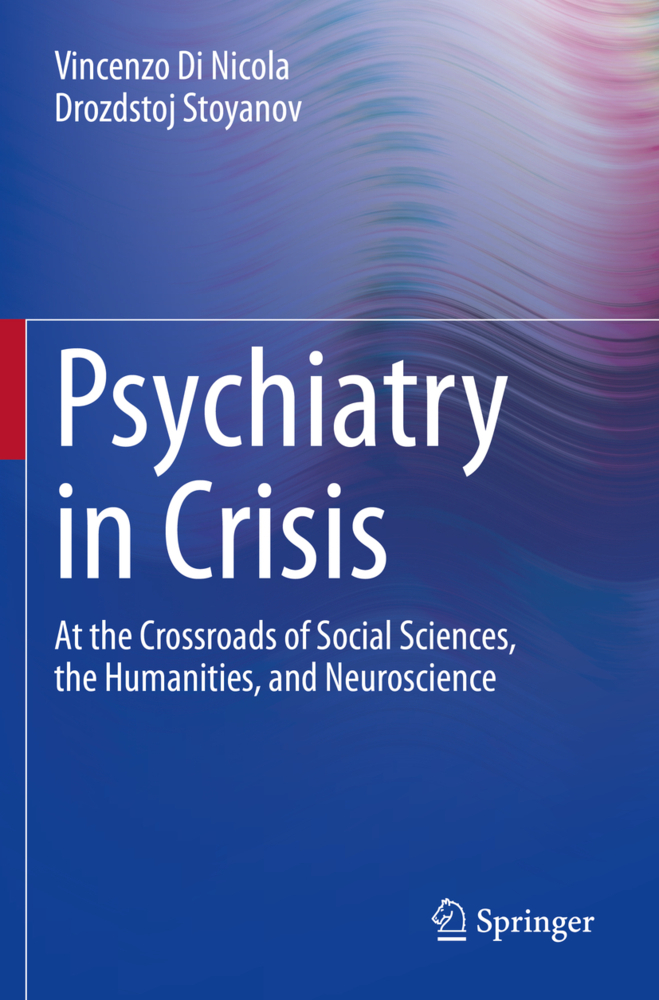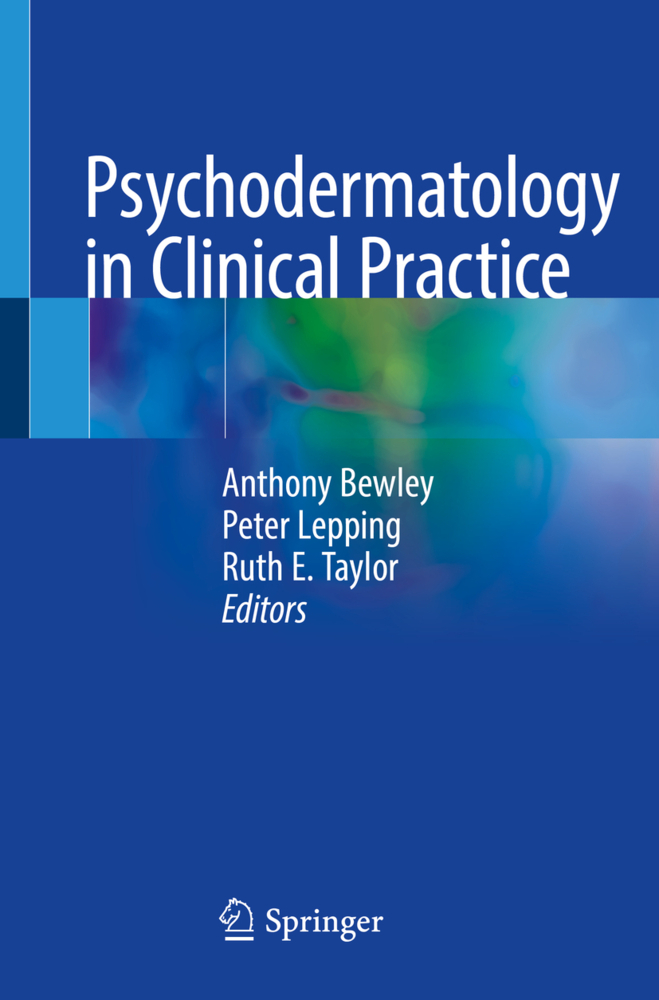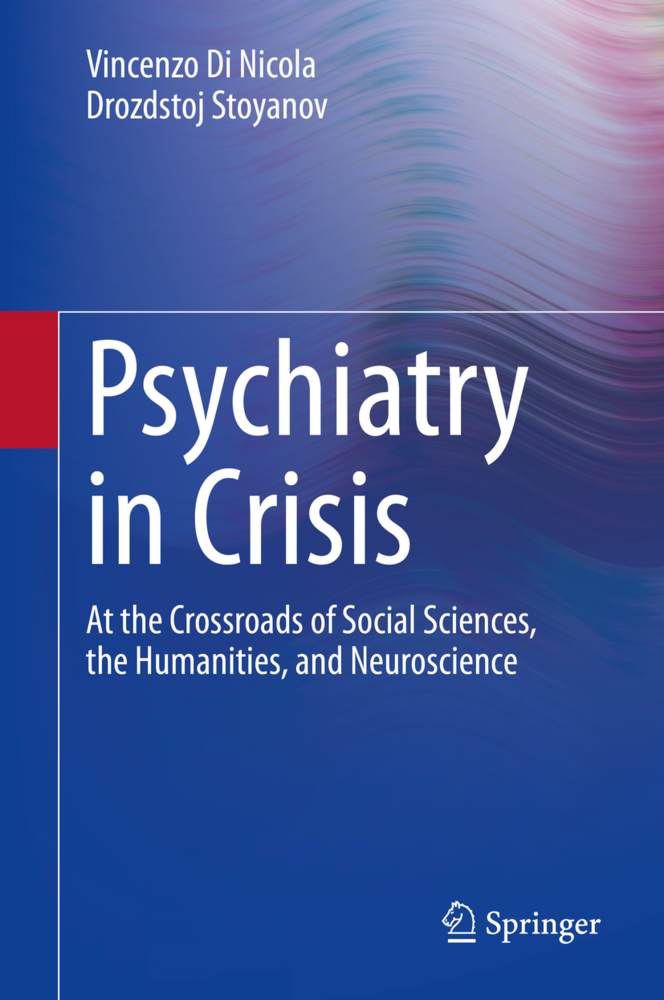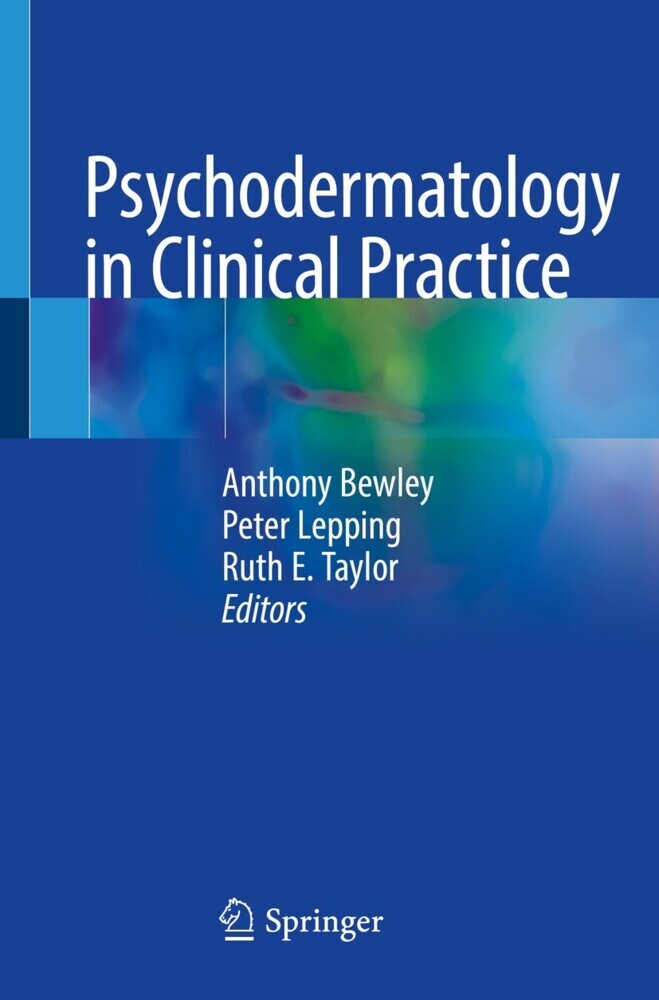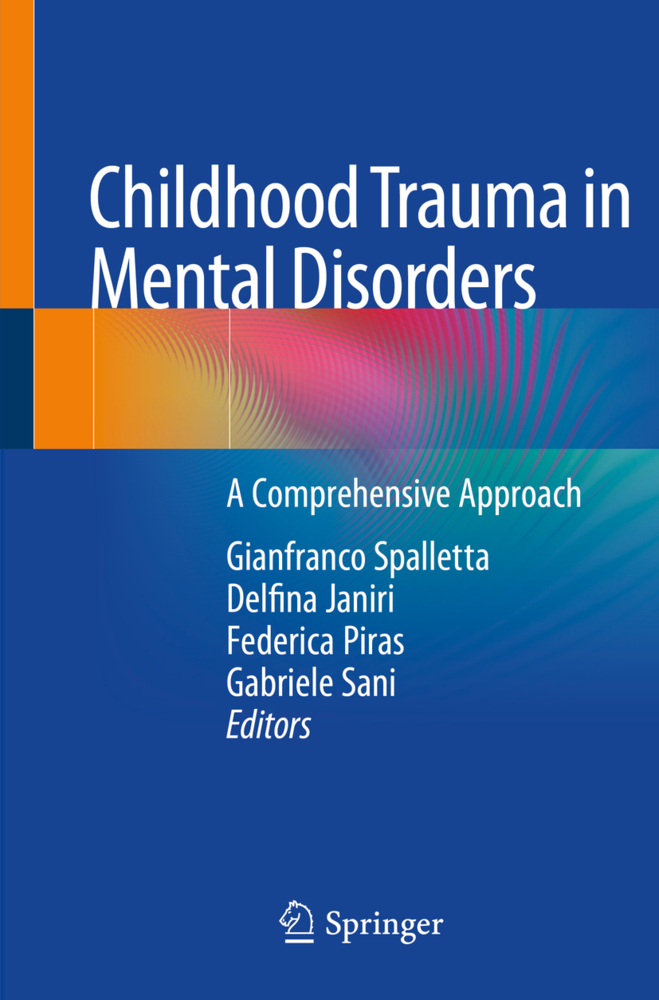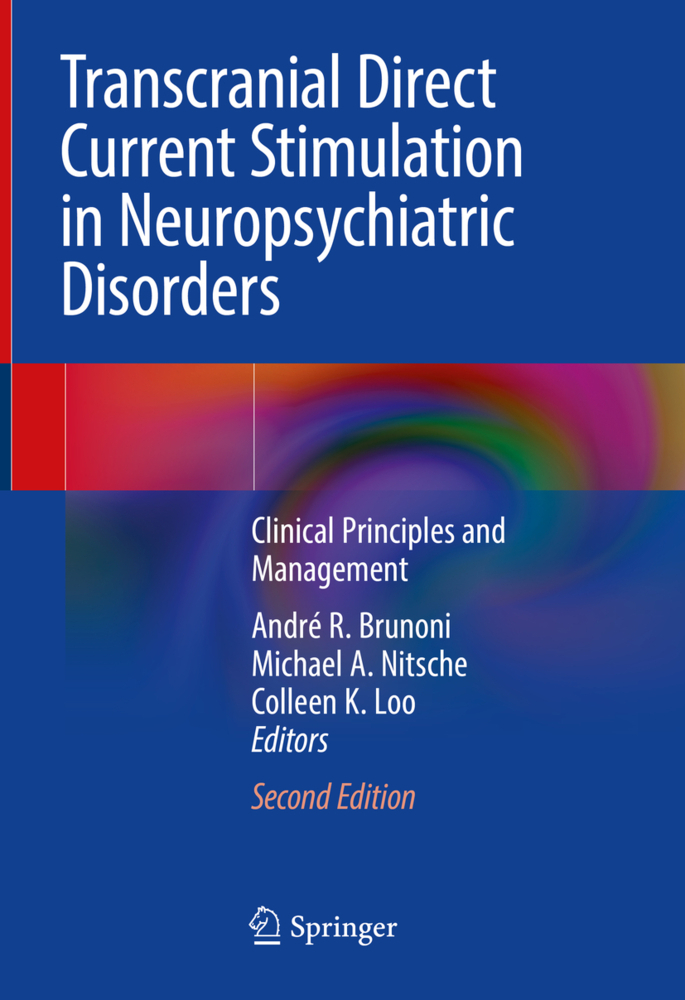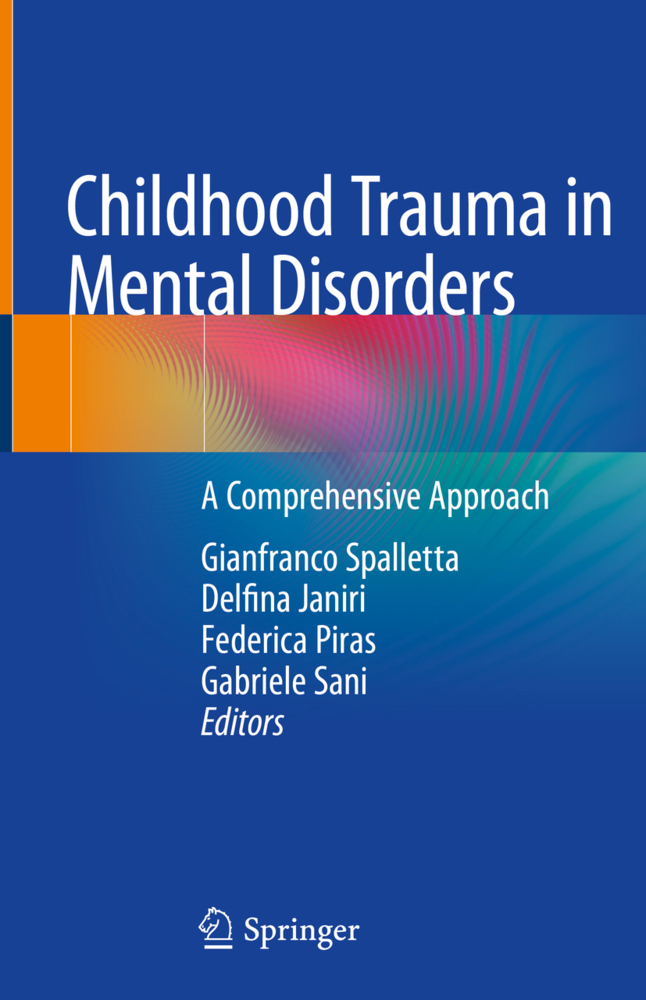Handbook of Psychiatric Disorders in Adults in the Primary Care Setting
Since psychiatric training in medical school is brief in duration (often 4-8 weeks only), and minimal to nonexistent in many residency programs, most primary care physicians are not adequately equipped to treat psychiatric disorders, despite the fact that this role promises a significant portion of the average physician's practice. This book provides non-psychiatric physicians, especially primary care physicians, with the tools to successfully diagnose and treat psychiatric disorders in their practices. Primary care physicians are the largest prescribers of psychiatric medications in the US, where they also provide the bulk of psychiatric diagnoses and treatment, especially in traditionally underserved areas.
Every chapter is devoted to each of the major psychiatric disorders that a primary care physician is likely to encounter in clinical practice. They are formatted in a nearly identical way to make the text both easy to read and quickly peruse as a reference. Each chapter also includes a clinical description of the disorder, the proper method (including questions to ask, or screening tools, etc.) to make an accurate diagnosis, and differential diagnoses to consider. Additionally, appropriate treatment(s) for the diagnoses are indicated in a stepwise fashion. Chapters also contain information on medical tests that may be appropriate to order to rule out medical conditions, as well as details on proper routine health screening for individuals on specific medications and/or mental health diagnoses.
To optimize accessibility of medication prescribing information, several tables of the medications that are commonly prescribed for each disorder will be indicated. This may lead to some redundancy of information, as there is considerable overlap in medication and dosing strategies for different illnesses, ex antipsychotics for bipolar disorder and schizophrenia and antidepressants for Major Depressive Disorder and Anxiety Disorders. However, duplication of information assists in readability and user friendliness, as doctors will not have to flip through different parts of a book or refer to an appendix every time they wish to look up specific medication related information.
Written by experts in the field, Handbook of Psychiatric Disorders in Adults in the Primary Care Setting is a valuable resource to aid in the proper assessment and treatment of psychiatric disorders by the physicians who are most likely to see and treat these patients. Most psychiatric textbooks are probably not appropriate for most primary care physicians as they contain far too much specialized information that they do not need to know and do not often contain clinical steps and guidelines for treatment. This text fulfills a pressing clinical need.
Robert Hudak, MD is an Associate Professor of Psychiatry at the University of Pittsburgh School of Medicine. He graduated from the Northeastern Ohio Universities College of Medicine in 1992 and completed his residency in Psychiatry at the University Hospitals of Cleveland in 1996. He then joined the Cleveland VA Medical Center where he formed the OCD Clinic for Veterans. He started at the University of Pittsburgh Medical Center in 1999 and in 2000 became the medical director of the Center for Treatment of Obsessive-Compulsive and Related Disorders at Western Psychiatric Hospital. He is a member of the International Obsessive-Compulsive Disorder Foundation, a member of their Scientific and Clinical Advisory Board, and is the co-chair for their Special Interest Group for the Treatment of OCD in patients with Autism Spectrum Disorder. He has been full-time faculty at the University of Pittsburgh since August 1999. He has authored numerous articles and book chapters on OCD and has edited an OCD textbook. He lectures on OCD in numerous university and community settings across the United States, and has given numerous interviews in the popular press, both local and national, on OCD topics as well as Anxiety Disorders, Autism, and other related topics.
Jessica Gannon, MD is an Associate Professor of Psychiatry at the University of Pittsburgh School of Medicine. She graduated from the University of Kansas School of Medicine in 2007 and completed her residency in Psychiatry at the University of Pittsburgh School of Medicine, Western Psychiatric Hospital, in 2011. Since that time, she has served as fulltime faculty at the University of Pittsburgh. She is the ambulatory medical director of Comprehensive Recovery Services, a service line for patients with serious mental illness that provides specialty care for psychotic disorders. She is a primary clinical educator, serving as a rotation director in psychiatric resident education and providing continuing education courses for staff in her service line. She has also served as a co-investigator and study physician on federally funded studies, with a focus on adjunctive treatments of schizophrenia. She has published many peer reviewed articles, authored book chapters, and edited a textbook on schizophrenia. She has given invited lectures on her work and spoken at national conferences. Dr. Gannon also has a special interest in data analytics and serves as the ambulatory medical director of behavioural health informatics for her medical centre.
Hudak, Robert
Gannon, Jessica M.
| ISBN | 9783030987091 |
|---|---|
| Artikelnummer | 9783030987091 |
| Medientyp | E-Book - PDF |
| Copyrightjahr | 2022 |
| Verlag | Humana Press |
| Umfang | 218 Seiten |
| Sprache | Englisch |
| Kopierschutz | Digitales Wasserzeichen |

